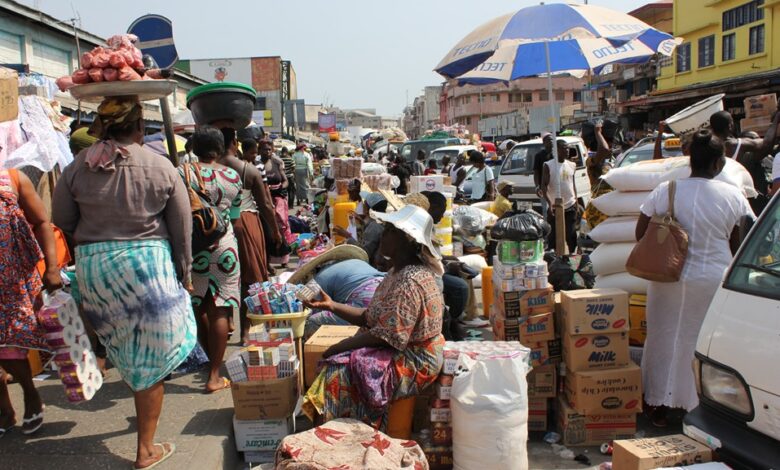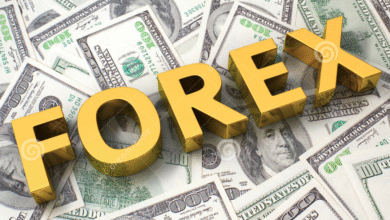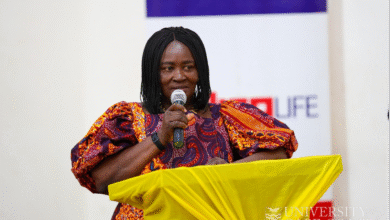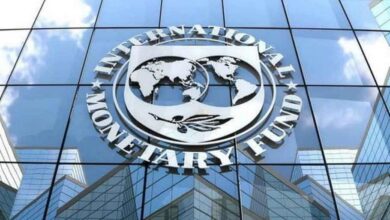Ghana’s Economic Recovery Gains Pace, But Tough Choices Still Lie Ahead

For many Ghanaians, the past few years have been among the toughest in recent memory — rising prices, a weakened cedi, and uncertainty about jobs and livelihoods. But a new statement from the International Monetary Fund (IMF) this week offers cautious optimism: the country’s economy may finally be turning a corner.
After weeks of meetings in Accra, the IMF and the Government of Ghana have reached a staff-level agreement on the fifth review of the country’s $3.2 billion support program. Once approved by the IMF Board, Ghana will receive another $385 million to help strengthen its reserves, stabilize the cedi, and continue key reforms.
A Gradual but Real Turnaround
According to the IMF, Ghana’s economic recovery is taking hold faster than expected. Growth in the first half of 2025 was stronger than forecast, powered by agriculture and services — sectors that directly impact everyday livelihoods. Cocoa and gold exports are booming, helping to improve the country’s external position and bring in much-needed foreign exchange.
For the average Ghanaian, this could mean some relief in the cost of imported goods as the cedi gains ground. The Bank of Ghana has managed to build up international reserves beyond the targets set under the IMF program — a sign of growing confidence in the economy.
Inflation, which soared to more than 50% at its peak last year, is now projected to remain within the Bank’s target band of 8±2%. The central bank has started cutting interest rates, signaling that price pressures are easing.
Managing the Country’s Purse
The IMF’s report also credits government for keeping a close eye on spending. For the first eight months of 2025, Ghana recorded a budget surplus of 1.1% of GDP — meaning the country is spending less than it earns, at least for now. The government plans to maintain this fiscal discipline into 2026 as part of a new Fiscal Responsibility Framework.
But this fiscal restraint is not without pain. Many ministries and agencies have had to cut back on projects and limit hiring. The IMF’s praise for the surplus also means that the government must continue to make tough decisions about subsidies, wage bills, and spending priorities.
Fixing the Energy Headache
One area of long-standing concern is the energy sector, which has been weighed down by debts and expensive power contracts. The government has renegotiated several power purchase agreements and restructured arrears owed to independent power producers. Tariffs are now reviewed every quarter to reflect actual costs, reducing losses in the system.
These steps are expected to bring some stability to the sector — and hopefully reduce the frequent disputes over payments that often threaten power supply.
Debt Relief and International Confidence
Ghana’s debt situation, one of the key triggers of its 2022 economic crisis, is also showing progress. The IMF says the government has signed a Memorandum of Understanding with the Official Creditor Committee under the G20 Common Framework, and bilateral deals with five countries have been finalized. Talks with private creditors are ongoing.
In plain terms, this means Ghana is steadily rebuilding its financial credibility with lenders — an important step for restoring investor confidence and eventually regaining full access to international markets.
The Bigger Picture
While the IMF report paints a picture of steady recovery, it also warns that global uncertainties remain. Volatile prices for gold, cocoa, and oil could still test Ghana’s stability, as could global interest rate changes and external shocks.
The government’s challenge now is to ensure that this macroeconomic progress translates into real benefits for ordinary people — more jobs, affordable goods, and improved living standards.
As one economist in Accra put it, “The numbers look good, but Ghanaians will believe the recovery when they feel it in their pockets.”
The Road Ahead
For now, the signs are hopeful. The cedi is more stable, inflation is easing, and confidence appears to be returning to both the private sector and international partners. But sustaining these gains will require continued discipline and focus — especially as the country heads into another election season, a period that often tests fiscal restraint.
The IMF’s latest review may read like another technical milestone, but beneath the numbers is a simple message: Ghana is on the mend, though not yet out of the woods. The coming months will show whether the government can turn economic stability into a recovery that truly touches the lives of its people.




